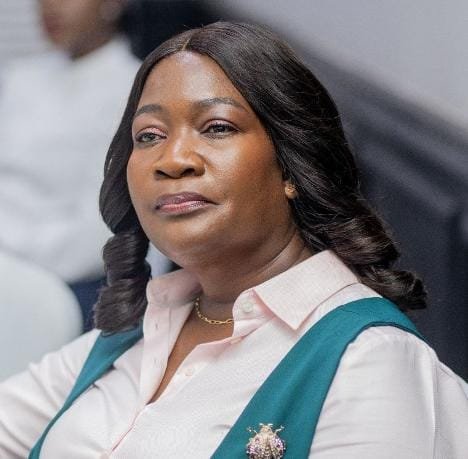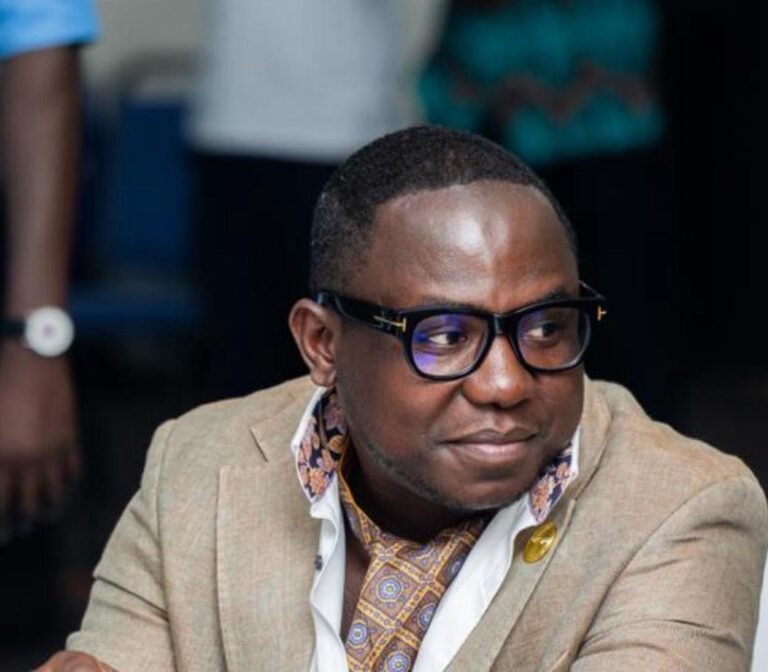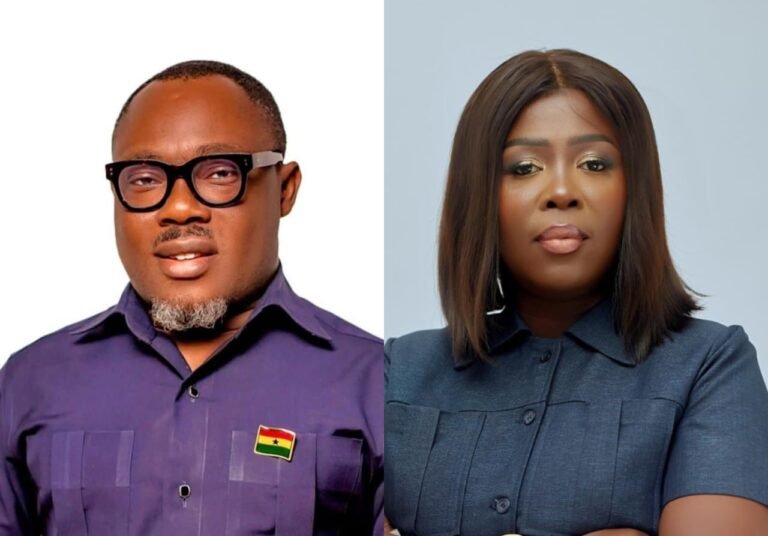
The writer

Ghana as a country is endowed with rich traditions and cultural values, which influence our daily behaviours. Any visitor to Ghana is bound to come face-to-face with certain values in our Ghanaian cultures that govern and inform our actions.
These integral values can be seen in our languages, relationships, everyday conversations, cultural practices, artefacts, books and behaviour patterns.
While old values are entrenched in our consciousness so that we abide by them effortlessly, new ones are developed with time and social changes that require practice to live by them.
Truth is, I have been trying very hard to work out what we can all comprehend and wholeheartedly embrace as Ghanaian values. The first difficulty, of course, is that these will have to be distinctive values that set us apart from other people.
Recently, the concept of Ghanaian values took centre stage in our public discourse and discussion, as a result of the Private Members Bill currently before Parliament, popularly known as the anti-LGBTQI+ Bill.
Values are basic and fundamental beliefs that guide or motivate attitudes or actions. They help us to determine what is important to us. Values can also imply individual beliefs that motivate people to act one way or another. They serve as a guide for human behaviour.
Generally, people are predisposed to adopt the values they are raised with. People also tend to believe that those values are “right” because they are the values of their particular culture.
One big challenge in deciding on what can be defined as Ghanaian values is that there might be things we as a people do routinely, but they are not things that we can be proud of, and therefore we would be reluctant to have them listed as Ghanaian values.
For instance, if you stood by the road near the junction, the chances are that many of the people, especially men, walking by would stop and urinate in the gutter. Some people can also be spotted disposing off rubbers in the gutter.
Therefore, would it be acceptable to list that habit of urinating in public or littering on the streets as Ghanaian values? Surprisingly, people do not seem perturbed by these type of behaviours.
Fundamental
In my perspective, I would probably suggest that respect for the elderly is one of the fundamental Ghanaian values. In most Ghanaian homes, children are groomed and encouraged to accept that once someone is older than you, even if it is by a week or month, you cannot call that person’s name without adding a title to accord him that reverence and respect.
What then are we to make of elderly women in our society being labelled witches and being brutalised? Is it because once a woman becomes old, she automatically attains witchcraft stage, and hence attracts stigma?
Would it be part of our value system that we do not tolerate witches? Since all human societies operate in family units, I wonder how come we would claim the family as a fundamental Ghanaian value.
Unfortunately, we do, and that probably has something to do more with the way we define the family than what we do within the unit.
Family orientation
In other parts of the world, a family constitutes a set of parents and their children, what is referred to as the nuclear family. Ideally, within a nuclear family, there are shared values, responsibilities, unconditional love, healthy attachment patterns, and an environment that supports growth and learning.
Our definition of family would be more like what is referred to as the extended family. The key characteristic of the extended family is that there are multiple adults in the family that are not parents of the children, though they may also have parent-like family roles and share in the responsibilities for providing for the whole family, either by contributing financially or in other ways.
We in Ghana are terribly proud of this and tend to look down on those who have nuclear family setups, and regard them as selfish.
I hear people yearning for the good old days in Ghana when we lived with aunties, uncles, cousins, and the like. Thus, we say concepts like cousins do not exist in our setups as your cousins are your brothers and sisters.
I find this extended to cover nephews and nieces who are also referred to as children and you would be looked down upon if you try to differentiate between a man’s biological children and his nephews and nieces. It all works very well until we come to the inevitable end of our lives and people die, then our definitions come under extreme pressure.
Once someone has died and there is a funeral (a core Ghanaian value?) you discover there is a definite difference between what are referred to as biological children and other children who are nephews and nieces.
Rare cases
For example, during funeral meetings, you discover that children are not included in the definition of the family. I imagine that we Ghanaians would regard our funeral rites and the way we conduct funerals generally as one of our defining core values.
It is said, for example, that no matter how old you are, how independent you are, you are not considered a fully grown adult or accepted as an elder in the society until you have buried your parents.
You are not a true Ghanaian until you have conducted a successful funeral for your parents. It is the only time you are allowed to incur a debt or borrow money without any disgrace being attached to it.
When the family is being constituted at the time of marriage, we have a unique Ghanaian imprint. You would be told at the ceremony that a marriage in our society is not just the coming together of two persons, man and woman; it is a union between two families.
Getting married is a long process, and is supposed to involve a detailed check on members of the families to assure the elders that there are no unsavoury characters or strange diseases among the other families.
The strange and unsavoury things are always to be found in the other family and not in yours. Sometimes, it is easier to define the values of a people by looking out for the things regarded as taboos.
Likeable/ unacceptable
Thus, our values would be more easily defined by things we find unacceptable rather than things we like. We would probably claim that our society frowns upon and abhors stealing.
Without a doubt, it is fair to say that it is only petty larceny that would draw public opprobrium. Large-scale stealing is tolerated and the proceeds take a very short period to launder and gain respectability.
I wonder what conclusion one draws from this reality about how our value system deals with stealing. Young girls, even young female babies, are routinely sexually assaulted by grown men. It is rare, very rare, that such men are punished or ostracised from decent society for such behaviour.
Does it mean, I wonder, that the sexual abuse of young females by men is acceptable and one of our values? But, maybe, I am going into details, and in defining values, one is expected to look for the broad strokes.
I have tried to check on how other Ghanaians define themselves and their values, and discovered some interesting ones we take solace in. We can talk about freedom, religion, justice, respect and pride.
I want to cite the later, pride, which is not always negative like conceit and arrogance. For a national value, we can say “I’m proud to be a Ghanaian.”
The writer is a student of the Ghana Institute of Journalism (GIJ). Writer’s email: duoduag@gmail.com.








